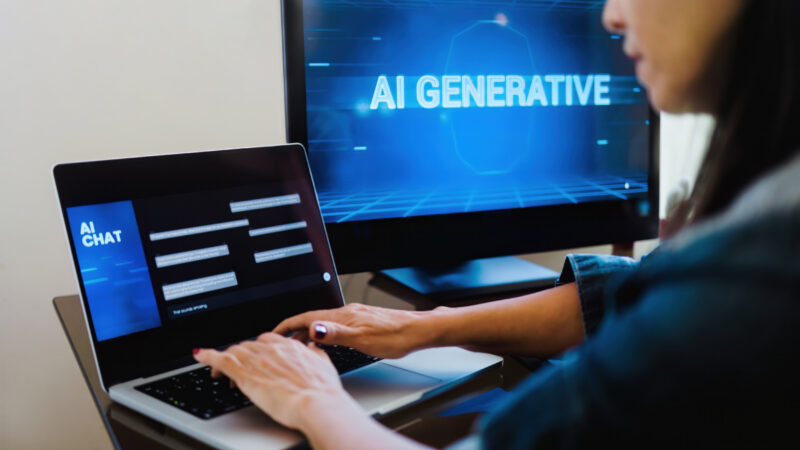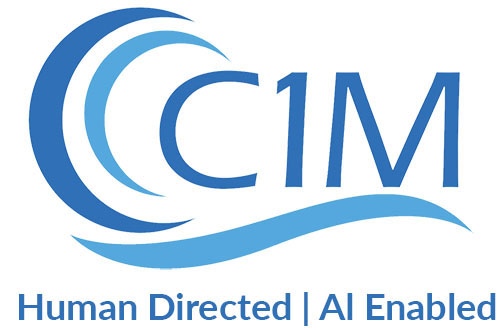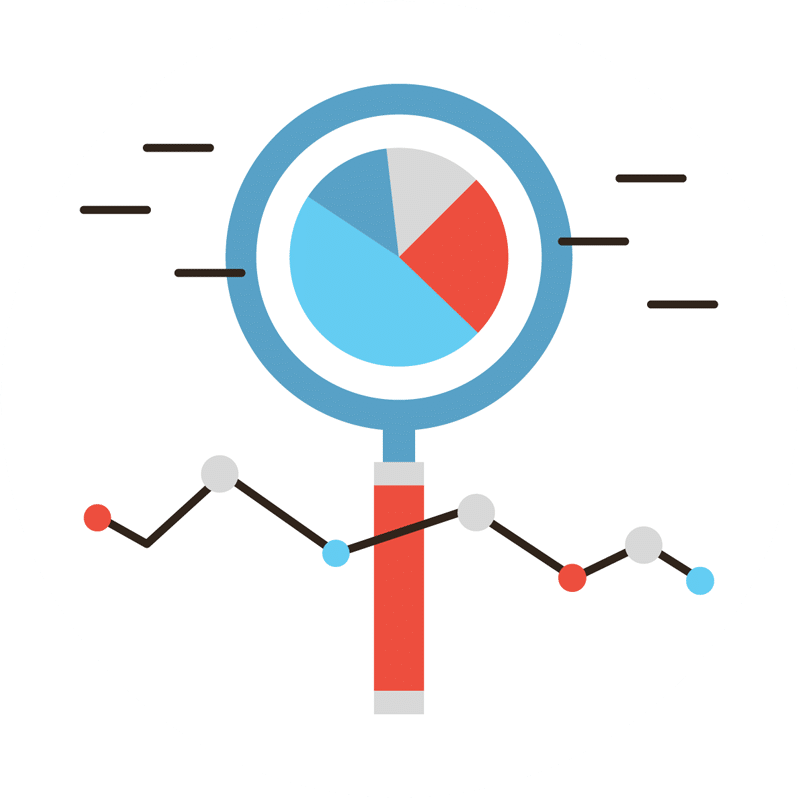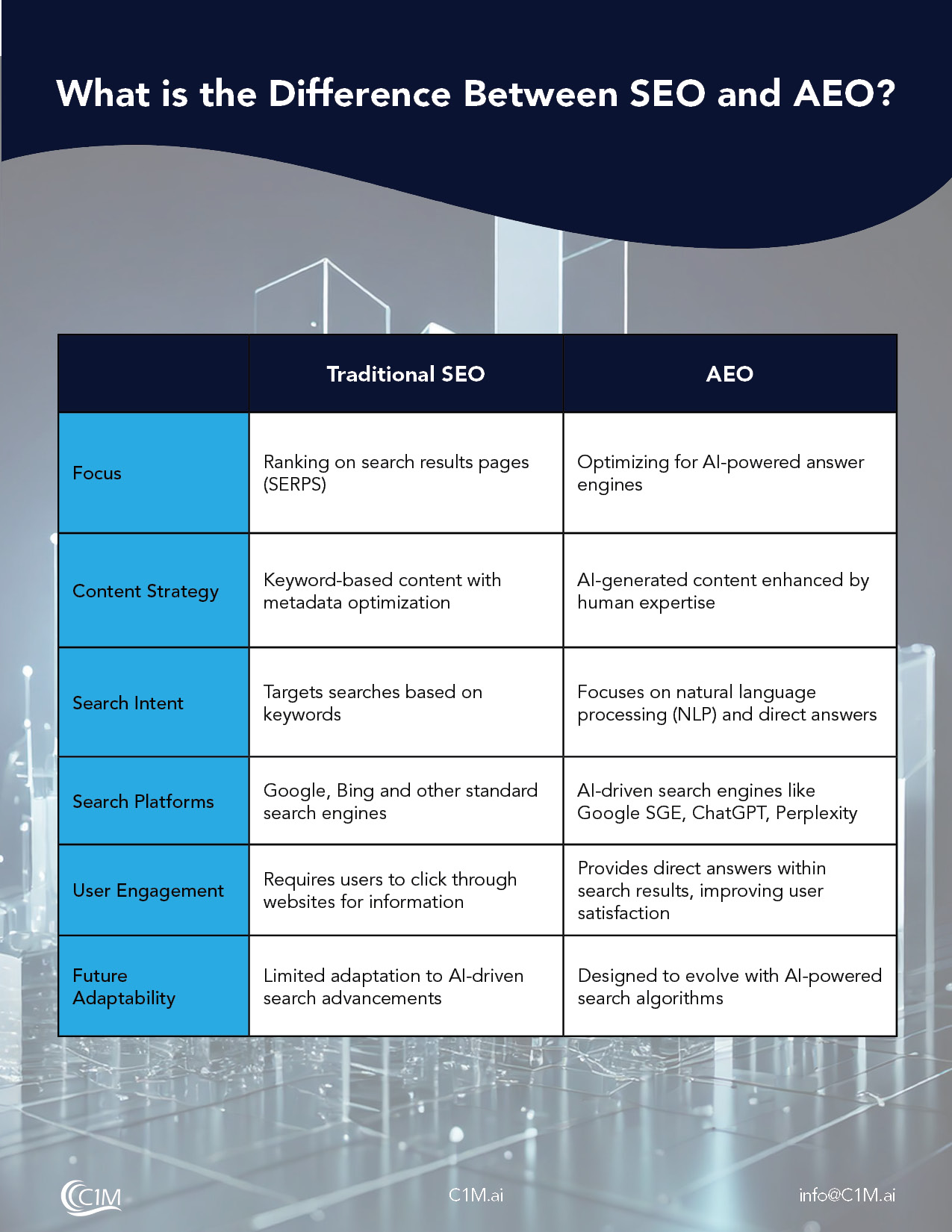
Artificial intelligence (AI) is rising as new tools and applications are continuously introduced to the world, revolutionizing how organizations across all industries conduct business.
Considering how much has changed in just a few short years, it’s no wonder that AI-related terms and tools – and their unique purposes can be confusing. There is generative AI vs. predictive AI, conversational AI vs. generative AI, and perhaps most puzzling due to their closely related nature, natural language processing (NLP) vs. generative AI.
Therefore, what distinguishes NLP vs. generative AI, and how do they relate to advancements you want to launch in your organization? Take a closer look at these two related terms and how they can potentially integrate into your everyday workload.
What is Natural Language Processing (NLP)?
Natural Language Processing is a dimension of artificial language that strictly focuses on the human language.
NLP technology enables computers to understand, dissect, interpret, translate and even generate language in meaningful ways. This capability has a wide range of applications.
For example, you’ll find NPS technology in the following tasks:
Classifying text
NLP can root through endless content and documents to categorize different subsets of text, like organizing new articles by topic or subject matter.
Understanding sentiment or meaning
NLP can analyze text to determine the sentiment or intent beyond the words, such as indicating whether the text is positive, negative, or neutral. This is useful for marketing departments and company leaders who want to gauge the public’s opinion on social media, product reviews, or broader hot topic conversations.
Translation
NLP is also exceptional at translation in virtually any number of languages. This can help companies and organizations across all industries connect with a global audience.
Answering questions and chatbots
In customer service, you’ll find NLP and generative AI enhancing communication and streamlining support with unprecedented efficiency. In addition, the goal of NLP is typically to automate relevant answers to questions posed by humans. On a deeper level, NLP creates a natural-sounding language for these answers and tries to develop a deeper understanding of the intent and meaning of every question.
Content and text review
You’ll also find NLP in the cybersecurity sector simply because it can filter through emails, websites, social media posts, and other online information to indicate language and text that seems malicious. For example, NLP can review emails for content, sender authenticity, phishing attempts, and other red flags that can stop a successful cyberattack before it begins.
What is the Key Feature of Generative AI?
Like NLP, generative AI tools focus on language. However, the generative AI response is more about content creation than understanding and analyzing the foundational elements of human language.
It uses deep learning models to produce outputs that can mimic human creativity, often generating impressive, original works from minimal input. This technology powers applications like chatbots, content generators, and design tools, which can draft articles, create artwork, or compose music.
The potential of generative AI isn’t just limited to mimicking human art forms. However, it also helps in problem-solving by generating innovative solutions to complex issues, thus playing a pivotal role in driving forward creative and technological advancements.
Generative AI is truly revolutionary, reshaping our interaction with technology and fostering a new era of digital creativity. Now, let’s explore how these capabilities translate into practical applications across various industries.
The many applications of generative AI are continually being discovered, but a few common uses include the following:
- Customer service – Generative AI is the power behind chatbots, also known as conversational AI. Furthermore, it can understand and respond to questions in real time, which allows organizations to provide customer service, 24/7. (Note that NLP is found in chatbots, too, but generative AI’s focus is on producing contextually appropriate, human-like responses or content creation, as opposed to understanding and processing human inputs.)
- Content creation – From blogs and news articles to social media posts or marketing copy, generative AI can be used to create more powerful and faster content across the board.
- Complex writing tasks – Generative AI can even be a powerful tool in the medical, technical, and legal domains by digesting highly complex documents like legal briefs, contracts, or technical manuals and creating new content that explains, summarizes, or categorizes this hefty content.
The impact of NLP and Generative AI on industries and the challenges these technologies create
As stated, NLP and generative AI can streamline and boost various aspects of an organization’s operations, regardless of sector, by improving customer service, providing valuable insights on consumer behavior, creating blog posts and content, and even improving cybersecurity across the board.
However, these emerging technologies have limits in what they can do, which can lead to ethical concerns and other problems. Privacy and security are significant issues when it comes to deploying any AI technology. As such, although NLP and generative AI can understand language, content, and even meaning, they simply cannot replicate some human traits.
A computer can’t understand empathy, sensitivity, and understanding ethics, and bias, so it’s essential to use these technologies with a constant human eye on potential issues. For example, the National Institute of Standards and Technology (NIST) released a publication, Towards a Standard for Identifying and Managing Bias in Artificial Intelligence (NIST Special Publication 1270), that examined bias and found that deep societal biases and prejudices could infiltrate and affect the data being gathered by generative AI and NLP technologies.
Embrace the Power of Generative AI and NLP for Future Innovations
Using generative AI and NLP to improve your operations is a balancing act, and launching these applications requires expert guidance.
Our AI experts at C1M are here to help you develop the best AI tools tailored specifically to your business needs.
Reach out to us today to start a conversation about how generative AI tools – and other AI platforms that can enhance your business. Discover new ways to boost your productivity and revenue while ensuring that all AI challenges are mitigated along the way.
Ready to transform your business with AI?



